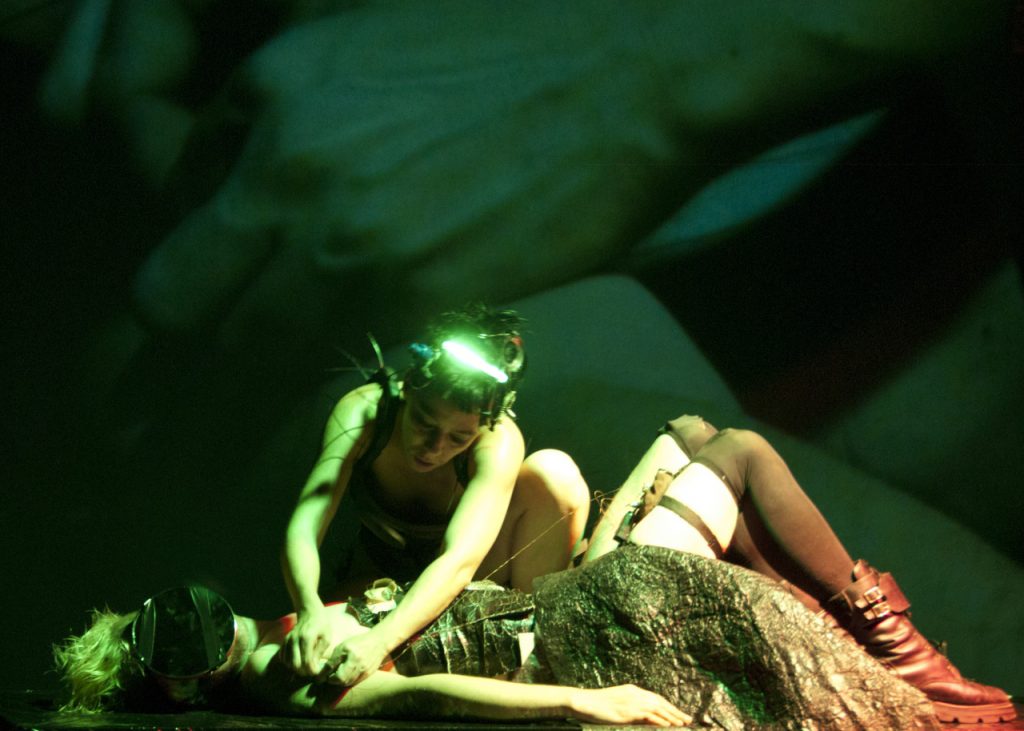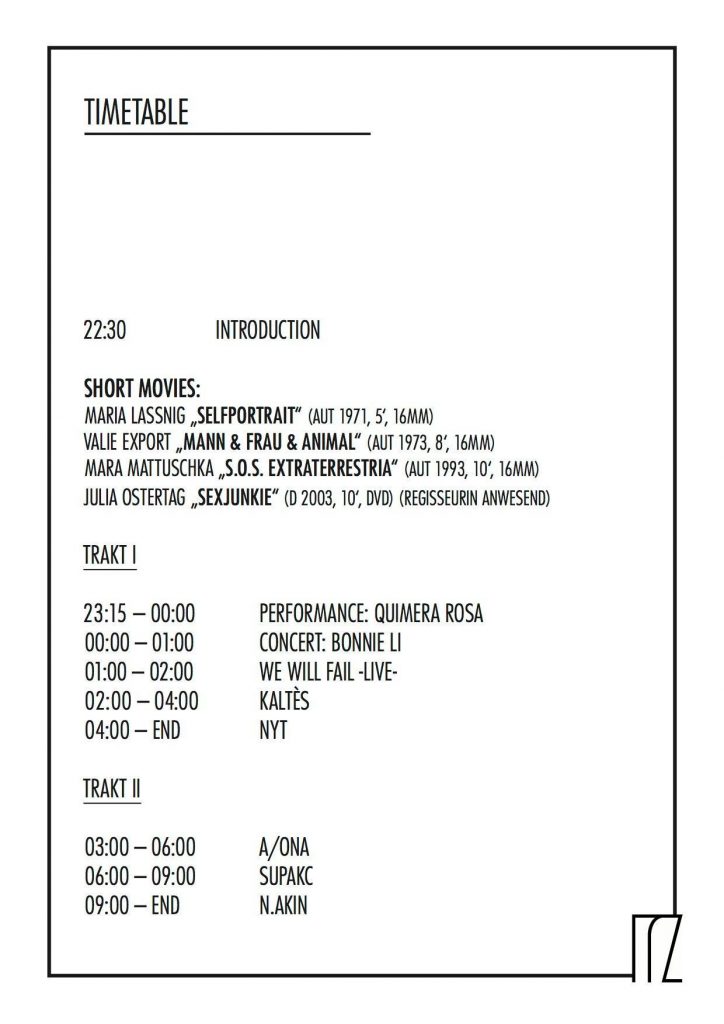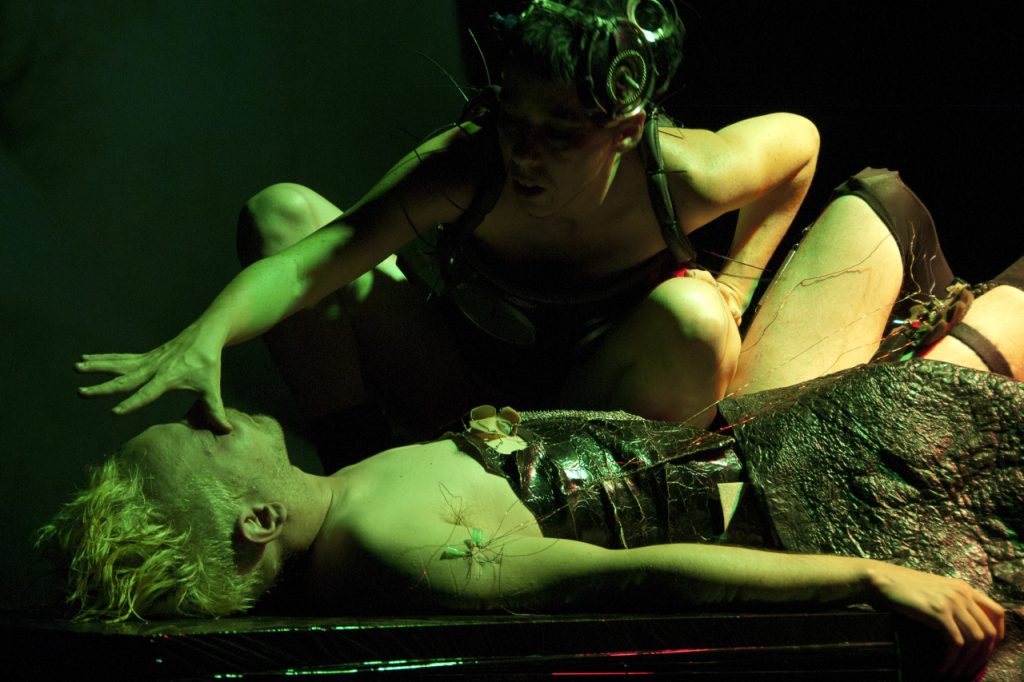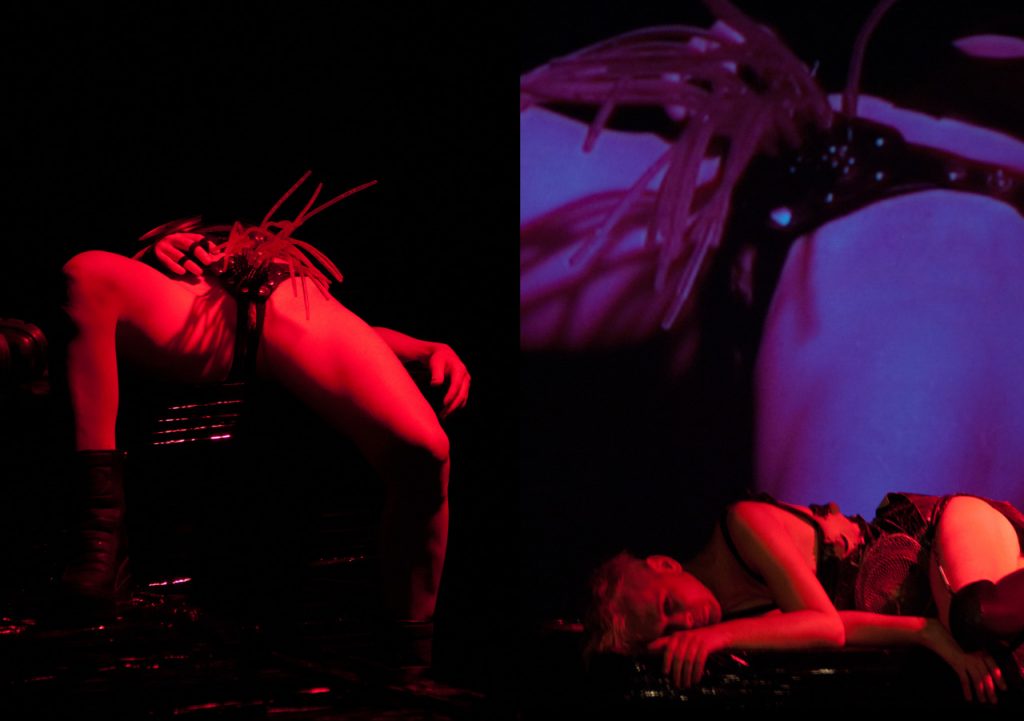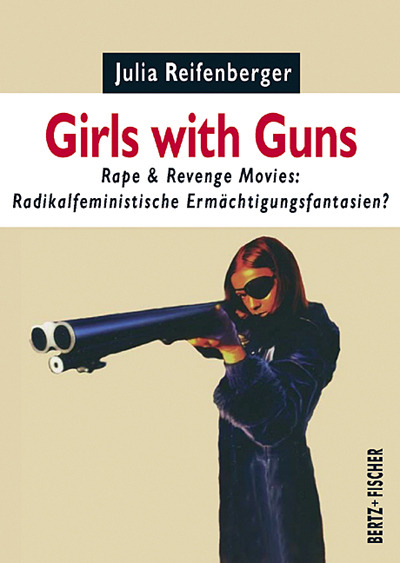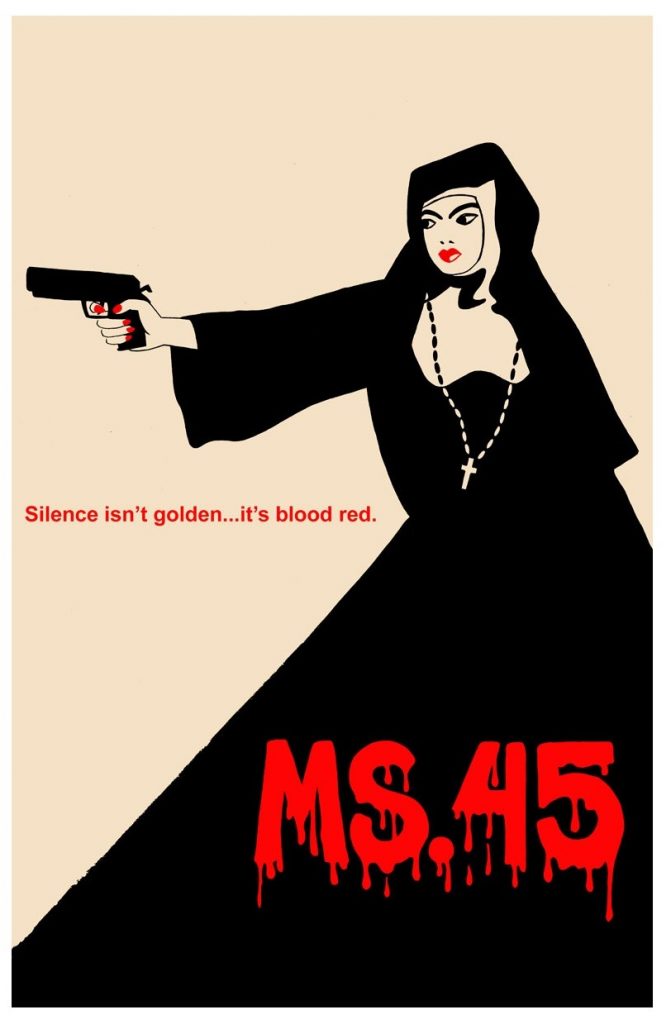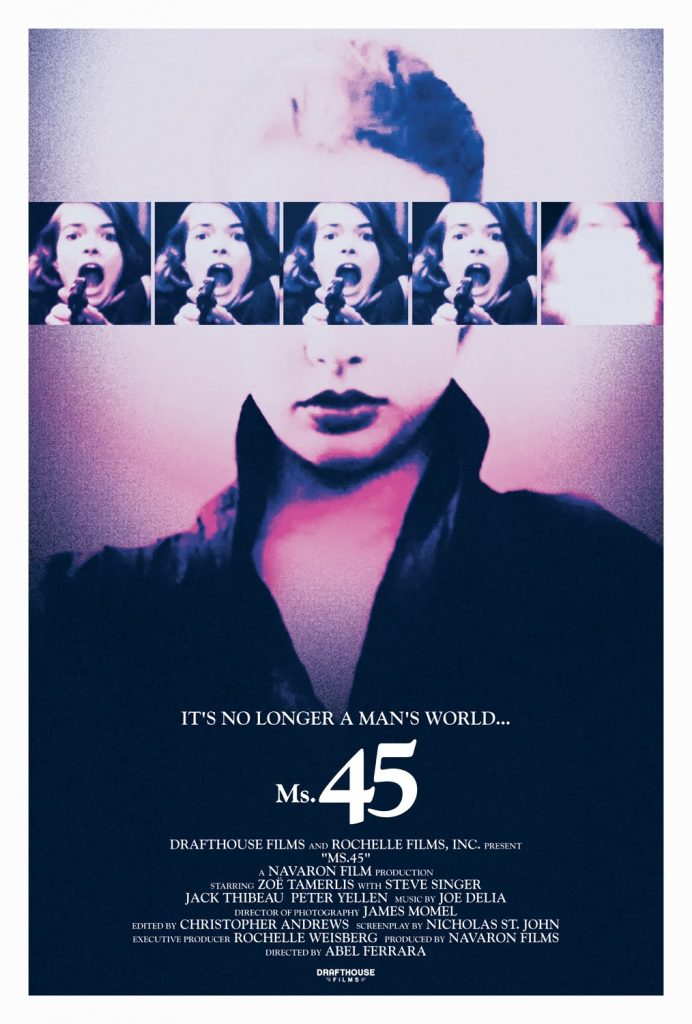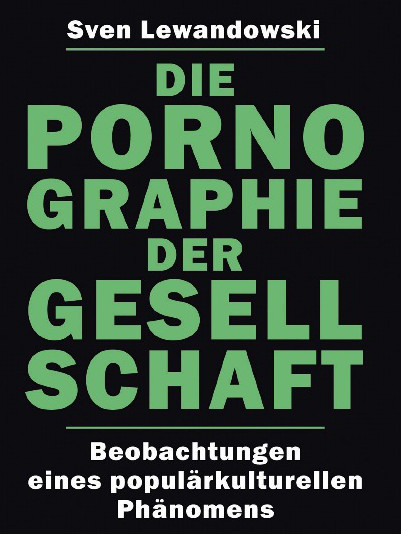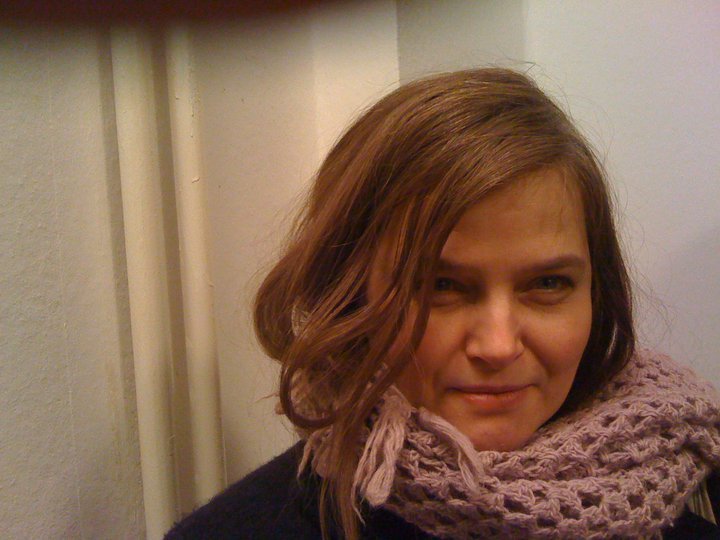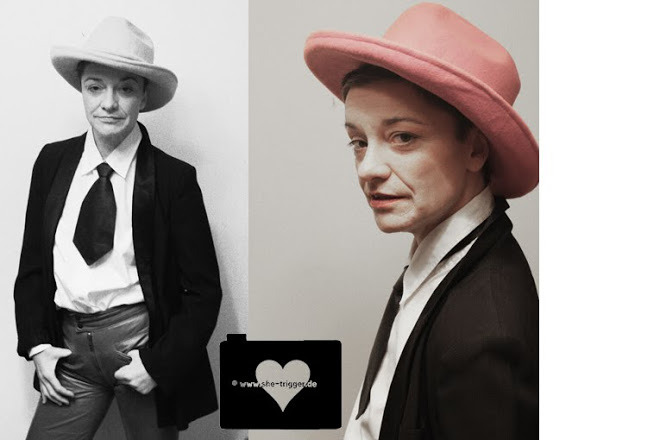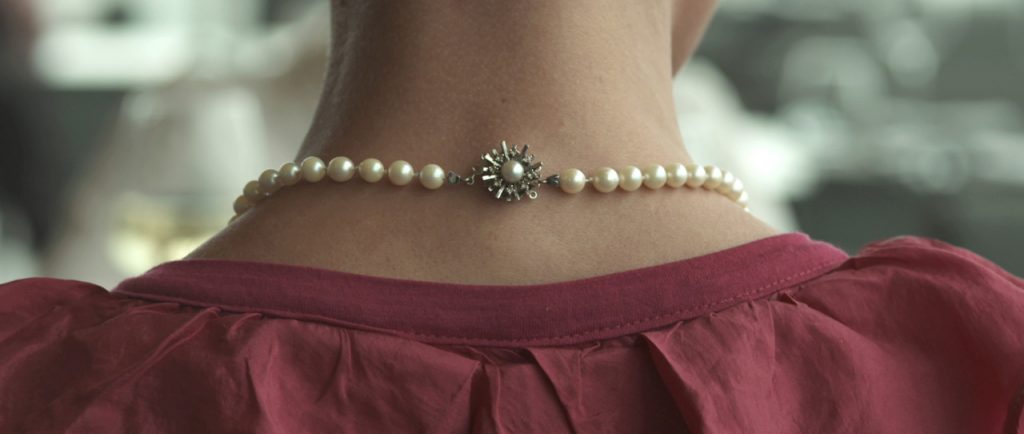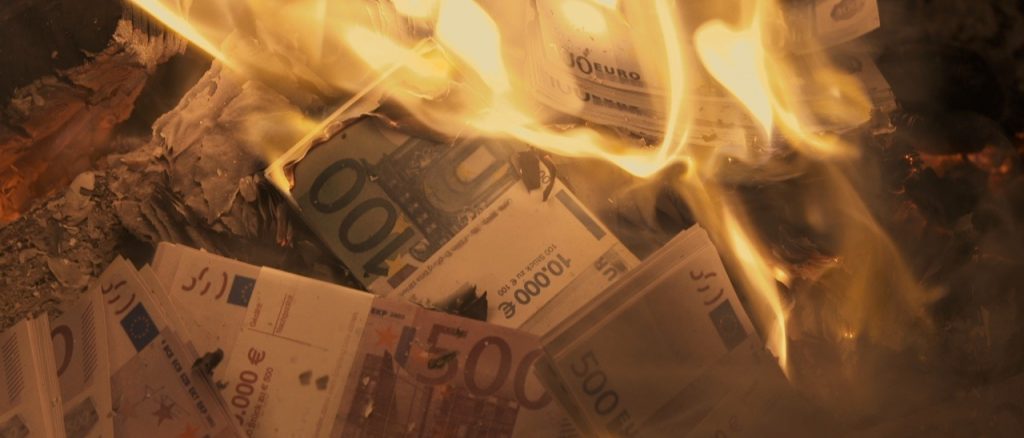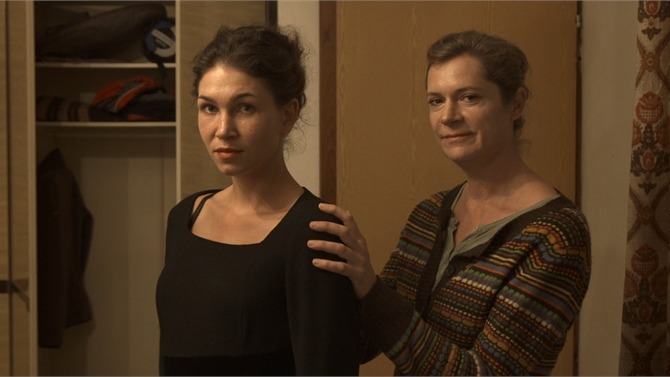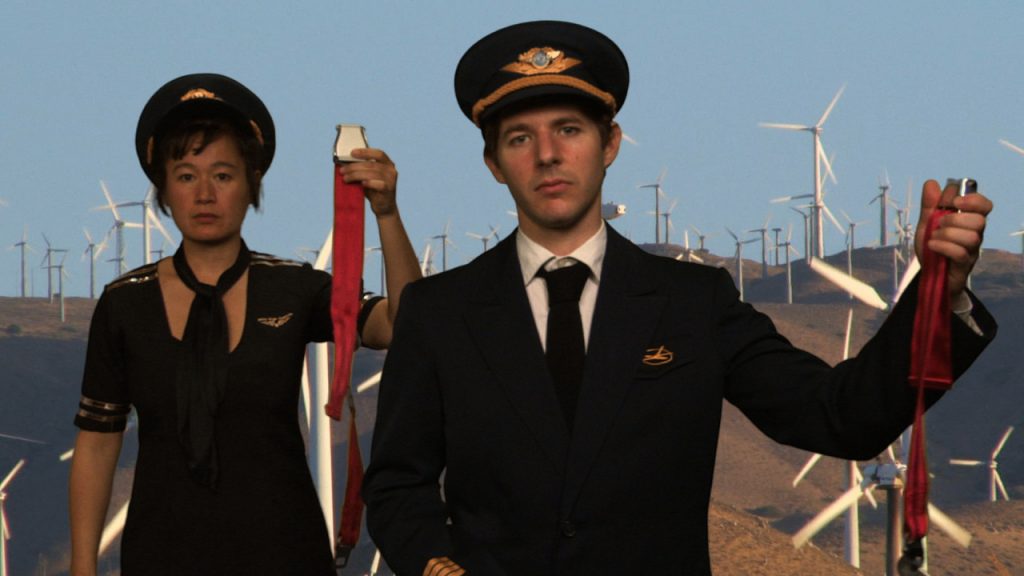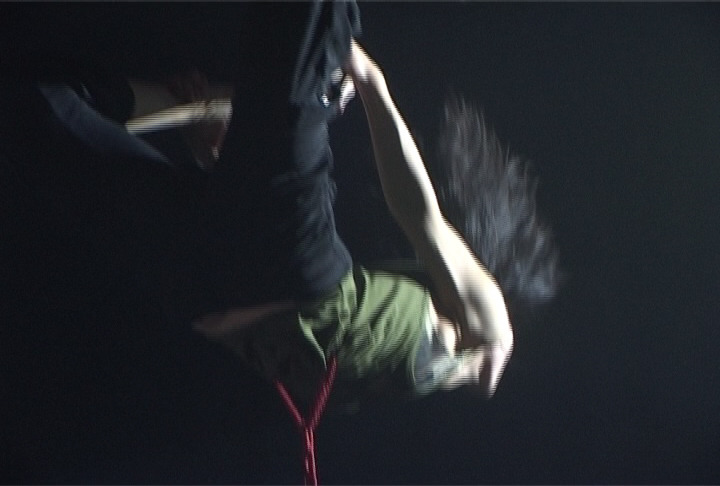Big thanks to all the people that came to our festival the last two days! Thanks to Luru Kino in der Spinnerei and UT Connewitz and to •• Videokills •• for their great choice of films and musicians!
GEGENkino continues tonite at Institut fuer Zukunft.
We will start at 10:30pm with some 16mm screenings of short films by Maria Lassnig, Valie Export and Mara Mattuschka, and a talk with filmmaker Julia Ostertag who will show her film »Sexjunkie«. So, be early! The music and performances will start afterwards. Check the timetable!
There’s also going to be some more films looping at various places all over the IfZ. Be surprised!
TRAKT 1
11:15pm—12am: SEXUS 3 Performance by Quimera Rosa
12am—1am: Bonnie Li
1am—2am: WE WILL FAIL
2am—4am: Kaltès
4am—END: nyt
Lecture by Julia Reifenberger
Girls with Guns. Radical feminist fantasies of empowerment?
In no other subgenre than in the rape&revenge film from the 70’s has the often conjured battle of the sexes been staged more varied and has been depicted more uncoded and violently. The rape of a woman provides the narrative core. It is certain that the committed act drops back to the perpetrator in form of revenge executed in cold blood. Based on this compression of sexualized violence, counter-violence and female revolt, cultural scientist and film scholar Julia Reifenberger will build on current productions and cast a glance on historical lines of development. It will become clear that rape&revenge films are not necessarily exploitative or aim at sensational curiosity and cheap thrills. Just as in Bergman’s The Virgin Spring (1960), rape&revenge-elements are also to be found in Virginie Despentes’ Rape Me (2000) and Gaspar Noé’s Irreversible (2003).
By reference to examples from films, Reifenberger will enquire about the feminist potential of the genre, and talk about implications of gender politics and the transition of revenge campaigns. While in the early days, vengeance resided within the male family members of the victim, it later evolves from the individual empowerment of the victim. Brutally but sensually, it executes revenge itself. For several years, this revenge is told compulsory as counter-rape that takes away the male and privileged identity from the tormentor.
Following the lecture:
Ms. 45
(USA 1981, D: Abel Ferrara, A: Zoe Tamerlis Lund, Jack Thibeau, Peter Yellen, 81’, German version, 35mm)
On one and the same day, the mute woman Thana is raped twice. Her second tormentor does not survive his infamous action. Chopped up to small pieces, he initially ends up in the fridge, and after that in New York City’s garbage cans. The finding of his .45 colt is the start of tidying up rigorously. Thana gets even with male monstrosity. Early deceased Zoe Tamerlis Lund strikes up furiously.
26 April, 8 pm – UT Connewitz
Lecture and film: 8/6 (red.) euros
Panel discussion PussyPop – Pornography in Film and Society
With: Laura Méritt (sex-activist, co-founder of PorYes), Sven Lewandowski (sociologist and author of »Die Pornographie der Gesellschaft«), Tatjana Turanskyj (filmmaker, e.g. »Eine flexible Frau« & »Top Girl«)
Presentation: Julia Lemmle (Berlin)
Porn—a phenomenon branching out in all directions, industrially high-selling, generally customised to a maximum satisfaction of a male sexual desire, but, concerning aesthetics, allegedly very limited. Porn fulfils lots of superlatives. Thus, it was merely a matter of time before porn would be part of popular culture. Its arrival there, however, likewise introduces new questions: How significant is it within film and popular culture? What changes has the influence of a feminist pornography achieved in this realm yet? Is it possible for pornography to function as a mode of revolt and, beyond that, frame political statements?
Presented by Julia Lemmle, debaters Laura Méritt, Sven Lewandowski and Tatjana Turanskyj, will discuss these and further questions and contradictions in the ballroom of Schaubühne Lindenfels. They will try to chop their way through the undergrowth of contemporary pornography so as to reveal insights on one of the most controversial film genres and cultural phenomena and its conversion in the perception of society.
The discussion will be in German and will be embedded in the video exhibition all eyez on v, which will be installed inside Schaubühne Lindenfels’ ballroom simultaneously.
23 April, 7.30 pm – Ballroom of Schaubühne Lindenfels – Free entrance
Soldate Jeannette
(AUT 2013, D: Daniel Hoesl, A: Johanna Orsini-Rosenberg, Christina Reichstaler, 73’, bluray)
Introduction and talk with main actress Johanna Orsini-Rosenberg and film critic Dennis Vetter (NEGATIV, Woche der Kritik Berlin)
I prefer not to. The maxim of the revolt is refusal. As an anarchist—fighting, quietly, an internal campaign—, calm and yet successful, protagonist Fanni eludes from all social expectations. She does not want to be part of the machine. More and more, she escapes from her own environment until in the countryside, her self-chosen safe haven, she meets Anna, who likewise remains in constraints. Without backing on easy solutions, the film portrays two very different women passing through two equally different emancipatory processes. Strolling together on separate ways, the two of them eventually find common ground. Conceived pointedly on a visual level, director Daniel Hoesl includes biographical aspects of both actresses without being documentary—even if no one may believe this concerning the result: a sript was not written but improvised. Qua collective The European Film Conspiracy, the group around Hoesl functions on a minimal budget, however a close complicity enables working umcompromisingly combined with artistic aspiration. During only 25 days of shooting and without production company, the experiment Soldate Jeanette has become an inciting statement—in front of the camera as well as behind the scenes.
20 April, 8pm – Luru Kino in der Spinnerei – € 6/5 (red.)
Introduction by Florian Mundhenke (Junior Professor of Media Hybrids, University of Leipzig)
After having a programme with films by Harun Farocki last year, this year our festival will pay an homage to filmmaker Hito Steyerl.
Pictures Behind the Pictures – Hito Steyerl
“In a time when the connection of pictures and things has become dubious, documentary work is under general suspicion.” Hito Steyerl herself has established this suspicion and pursues it in her essayistic works. Pictures that have been ideologically deformed are of equal interest to her to those that circulate globally or have been lost completely.
Based on Steyerl’s friendship to Andrea Wolf (alias Sehît Rohanî), November and Abstract investigate a political commitment that initially finds its expression in feminist martial-arts-flicks shot together on super8 film. Wolf later continued her struggle for the PKK and was talked up as revolutionary and martyr. Lovely Andrea depicts Steyerl’s quest for a bondage photo actually taken in 1987 in Tokyo—the photo features herself as a “bottom” practising nawa shibari. In cycles of themes and history, Free Fall interweaves the history of technology with insane recursions. With Howard Hughes’ hells-angels-aerial-war-action-film-stunts in 1929, the year of the crash, life and love cycles start: from Hughes’ Airline TWA that sells its Boeing models to the Israeli air force, via their deployment in the freeing of hostages in Entebbe 1976, continuing to feature film versions of this action, eventually up to the afterlife of the jets being museum air force cinemas or stunt sets.
November (2004, 25’) (engl. OV)
Lovely Andrea (2007, 29’) (jap. OmeU)
In Free Fall (2010, 32’) (dt./engl. OmeU)
19 April, 8 pm – Luru-cinema at the Spinnerei – € 6/5 (red.)

